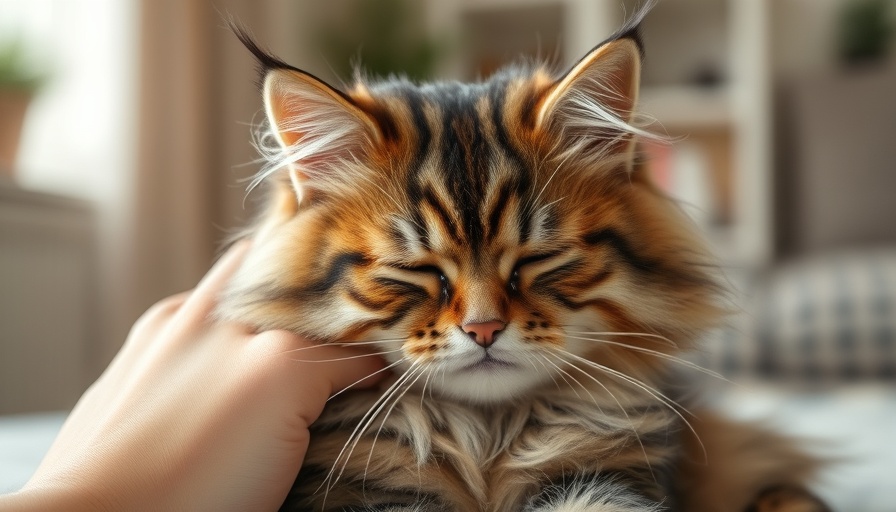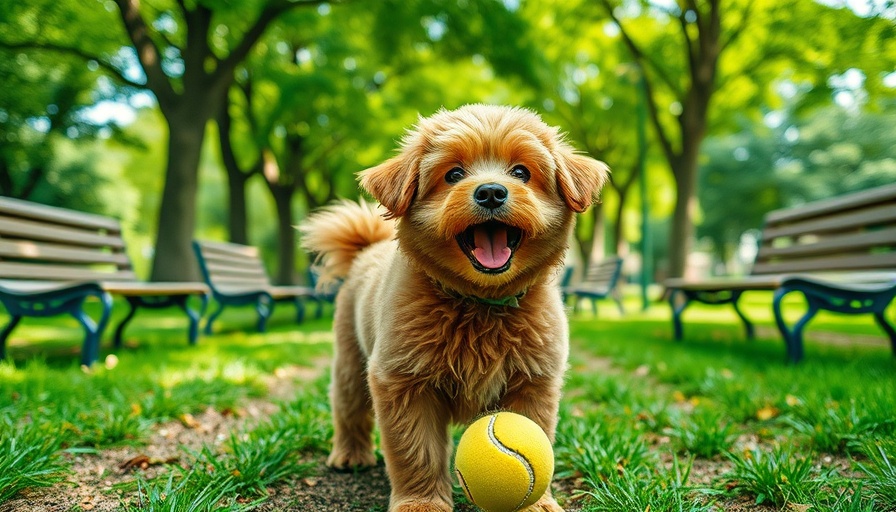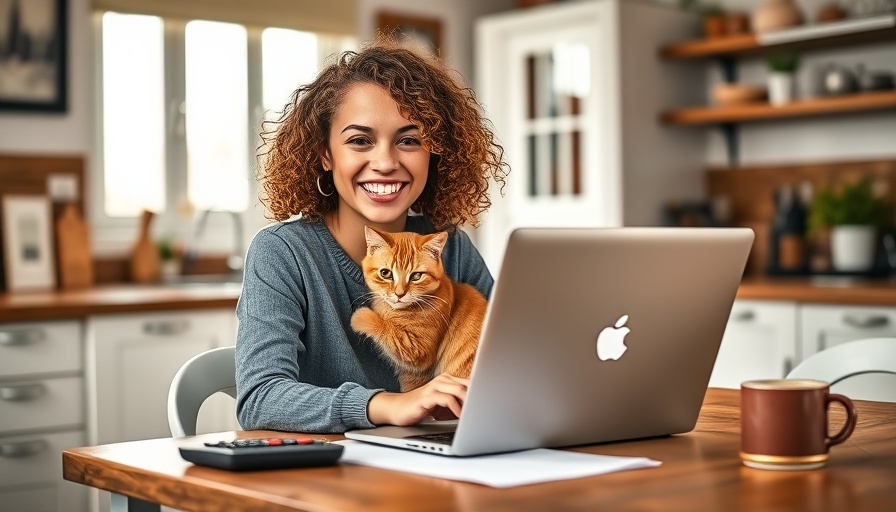
Understanding Cat Bloat: A Common but Serious Condition
If you’ve noticed your beloved feline friend sporting a rounder-than-usual belly, you might chuckle, but cat bloat is no laughing matter. While occasional gas and bloating can be a normal part of a cat's digestive process, persistent or excessive bloating can indicate serious underlying health issues that need immediate attention.
What Causes Bloat in Cats?
Understanding why your cat is bloated is essential for their health. Here are some common causes of cat bloat:
- Inflammatory Bowel Disease: This condition can lead to discomfort similar to its human counterpart. Symptoms include bloating, vomiting, and lethargy.
- Excessive Gas: Cats can have trapped gas due to dietary issues or gastrointestinal conditions, which can lead to swelling.
- Parasites: Intestinal worms can cause bloating, so routine veterinary checks are crucial.
- Fluid Retention: Serious health issues such as kidney or heart disease may cause fluid to accumulate in the abdomen, resulting in bloating.
- Feline Infectious Peritonitis (FIP): This viral disease can lead to serious abdominal fluid buildup.
- Constipation: Sometimes, a backed-up colon can lead to a bloated appearance.
- Organ Enlargement and Tumors: Enlarged organs or masses within the abdomen could cause a similar bloated look.
Recognizing the Symptoms of Bloat
Being aware of the signs of bloat can save your cat's life. Look for:
- Hard or tense abdominal muscles
- Loss of appetite
- Extreme lethargy
- Vomiting or retching
- Diarrhea
- Changes in breathing patterns, such as panting
- Restlessness and discomfort
What to Do if Your Cat is Bloated
Should you suspect that your cat is suffering from bloat, it’s crucial to consult a veterinarian. Home remedies are never a substitute for professional care, as some causes of bloat can be potentially life-threatening. A veterinarian may conduct diagnostic tests, including physical exams or ultrasounds, to determine the underlying cause before recommending appropriate treatments.
Avoiding Cat Bloat: Preventative Measures
While not all causes of bloating can be prevented, ensuring your cat has a healthy diet can go a long way. Here are some tips:
- Regular Vet Check-ups: Schedule regular visits to catch any potential problems early.
- Balanced Diet: Provide high-quality cat food and avoid sudden dietary changes that may disrupt their digestive health.
- Physical Activity: Encourage regular playtime to help maintain a healthy weight and digestive system.
When Should You Worry?
It’s essential to differentiate between a cat that occasionally looks a little plump and one who is genuinely experiencing bloat. Cats are notoriously good at hiding their pain, so don’t ignore any signs that something is off. If you see any combination of the above symptoms, don’t hesitate to reach out to your veterinarian immediately.
Final Thoughts
Bloat can be a warning sign of serious health conditions in your feline companion. By staying informed and observant, you can help ensure that your beloved pet enjoys a long and healthy life. Remember, laughter may be the best medicine, but when it comes to the health of our pets, vigilance is the best policy.
For peace of mind, consider investing in pet insurance, which can help manage vet costs for conditions like these.
 Add Row
Add Row  Add
Add 




Write A Comment